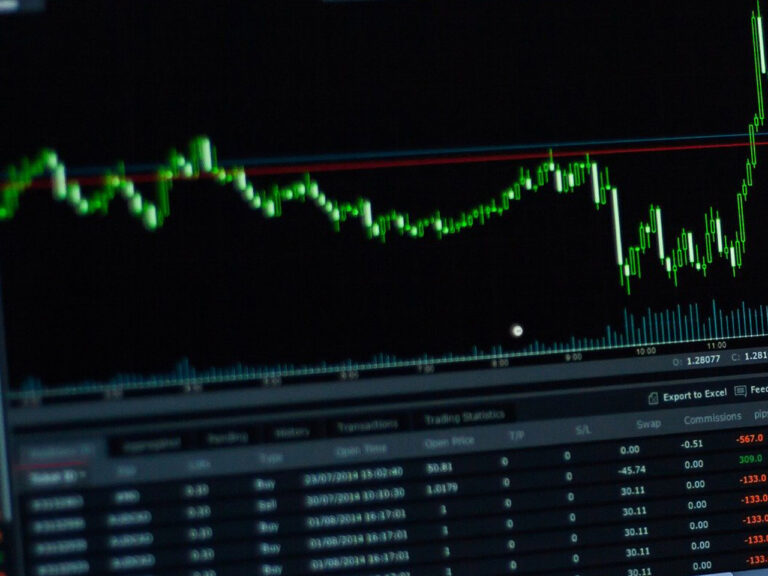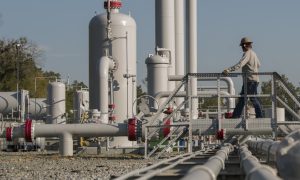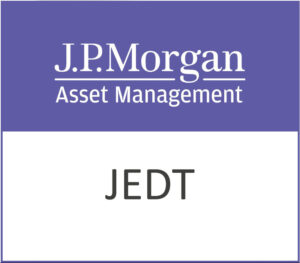Verona Pharma plc (NASDAQ: VRNA), a burgeoning force in the biotechnology sector, is capturing investor attention with its strategic focus on treating respiratory diseases, an area marked by significant unmet medical needs. Headquartered in London, United Kingdom, and now a subsidiary of Merck Sharp & Dohme LLC, Verona Pharma is actively pushing the boundaries with its innovative treatments, notably Ohtuvayre, a dual inhibitor targeting chronic obstructive pulmonary disease (COPD), cystic fibrosis, and asthma.
Despite its compelling product pipeline, Verona Pharma’s financial metrics present a mixed picture. The company boasts a substantial market cap of $9.09 billion, but it operates without traditional valuation metrics like P/E, PEG, or Price/Book ratios. This absence indicates that Verona Pharma is still in a growth and development phase typical of biotech firms, prioritizing R&D and clinical advancements over immediate profitability.
Investors might take note of Verona’s current stock price standing at $106.91, marking the peak of its 52-week range. This price stability is reflected in the stock’s technical indicators, with the 50-day moving average at $105.93 and the 200-day moving average at $78.66, suggesting sustained upward momentum. The Relative Strength Index (RSI) of 75.48 indicates that the stock is overbought, which could lead to short-term volatility but also underscores strong investor interest.
However, potential investors should be cautious of certain red flags. Verona Pharma reports an EPS of -1.04, a Return on Equity of -36.36%, and a Free Cash Flow of -$57.4 million, highlighting the financial challenges typical of biotech firms in their developmental stages. These figures suggest ongoing operational expenses and investments in pipeline development without immediate returns, a common scenario in the biotech landscape.
From an analyst perspective, Verona Pharma currently holds six hold ratings, with no buy or sell recommendations. The absence of a defined target price range or average target price further complicates investment decisions, leaving investors to rely heavily on the company’s strategic progress and market news for cues.
In terms of dividends, Verona Pharma does not offer a yield, aligning with its strategy to reinvest earnings into research and development rather than shareholder payouts. This approach is consistent with its growth-focused business model, aiming for substantial long-term returns as its therapies progress through clinical trials and gain market approval.
For individual investors considering Verona Pharma, the key lies in balancing the company’s innovative potential against its fiscal uncertainties. The biotech sector often rewards patience and risk tolerance, as breakthroughs in drug development can significantly enhance company valuations and investor returns. As Verona Pharma continues to navigate the complex landscape of respiratory disease treatment, its progress in clinical development and strategic partnerships will be critical in defining its investment allure.






































